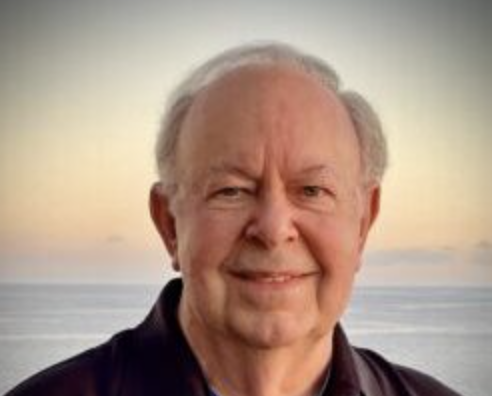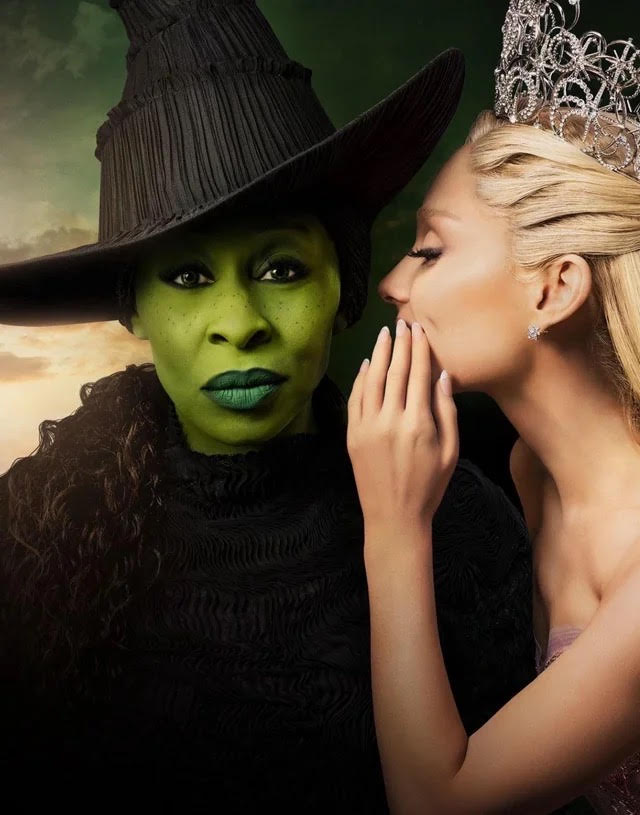Seasons Greetings, Happy Holidays, Merry Christmas, Happy Hanukkah, and Joyous Kwanza. I hope I did not leave anyone out.
I wish you safe and happy holidays, hopefully with friends and family who have not spent most of the last two days at the airport or stuck in snow waiting for a road to be cleared. The winter holidays are meant to be enjoyed. That is why this column is about the holidays rather than about politics.
The past year has been a challenge, but let’s not go into that except to extend our sympathies and prayers to the people killed or injured at the Christmas Market in Magdeburg, Germany. We didn’t need a reminder that we live in challenging times, but we got one anyway.
In recent weeks, I have noticed that most of us want to move past the political acrimony of the last two years. I am among them but am reminded that, “Freedom is not free.” It must be earned. Nobody is going to make America or the world a more empathetic, healthier, freer place as a gift. That is why giving someone the gift subscription to The Economist or some other objective, well-researched source of news and information is such a worthy gift. It is a gift that, if used as directed, makes the recipient a better citizen.
The winter holidays, regardless of which one you celebrate, are not about gifts, or shouldn’t be. They should be a time of reflection and camaraderie. Families separated by distance or misunderstanding sometimes reunite during the holidays. Friends who have “lapsed” reconnect, a gift that, with a little luck, keeps on giving.
During the holidays, we get to celebrate the existence of good,something that we need to be reminded of these days. It is also a time to imagine a world without hate, greed, lying, war, disease, and hunger. I like to think of Christmas as the official start of a season of hope.
These days we are deluged by reminders that somewhere, over the last couple of thousand years, Christmas has becomecommercialized. This is not just since the cartoon Santa Claus became popular. It started with Christmas becoming just another holiday on the annual calendar. Today, I know of families—good families of loving people—who celebrate Christmas but don’t invite Jesus or any other hint of the religious origin of the holiday into their special day. I find that sad.
Today I am going to do my part to make Christmas something other than a day off from work, a day to watch football or a day to watch Uncle Bob drink too much wine. I am not going to write a list of what was on the president-elect’s gift list or, even more charitably on my part, what he deserves to get. I am putting my usual snarkiness on ice. I have also resolved not to discuss politics, at all, during Christmas dinner.
Let me close by wishing you, again, happy holidays. Let me also thank those of you who have regularly read these columns, especially readers who disagree with much of the stuff I write. Please know you are appreciated. I consider your interest in my perspectives, and in the important political debates of our time, a gift.
J.E. Dean writes on politics, government, and, too infrequently, other subjects. A former counsel on Capitol Hill and public affairs consultant, Dean also writes for Dean’s List on Medium and Dean’s Issues & Insights on Substack.






 “The Eastern Shore Writers Association had 12 members,” Wyatt said. “I thought, well, there must be some good writing here. And there was. People were looking for community, for connection. It just wasn’t very organized.”
“The Eastern Shore Writers Association had 12 members,” Wyatt said. “I thought, well, there must be some good writing here. And there was. People were looking for community, for connection. It just wasn’t very organized.”
